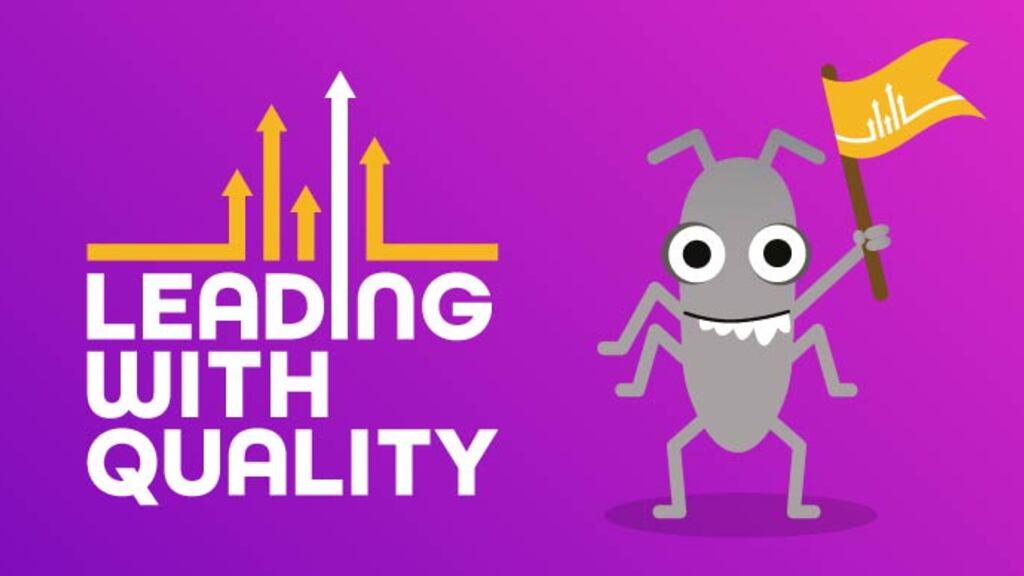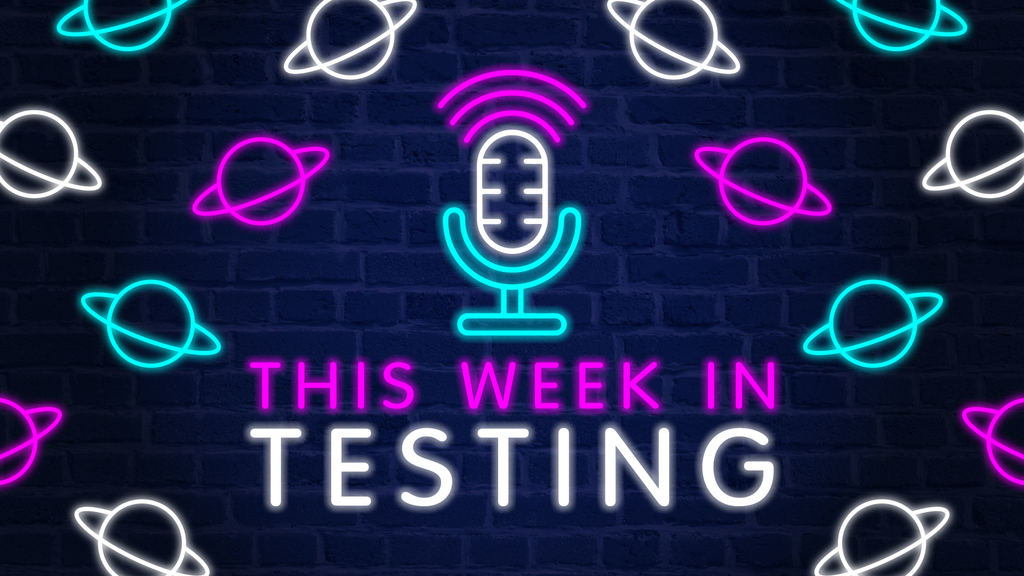by Rosie Sherry
To help us understand what software testing is, a while back, we surveyed the community on the very important question of 'What Testers Do?'. Not only did we feel that testers would benefit from understanding the things they could get involved with, we also felt it was important that people outside of testing understood what we do.
We surveyed the software testing people and came up with a list!
What Do Software Testers Do? — The List!
Explanations of what software testers do revolved around the concept of looking for answers.
This means testers:
- investigate
- seek and provide information
- learn about risks
- ask questions
- clarify
- find gaps
- check expectations
- document and communicate findings
- find the truth
- maintain a cynical view
- look for better ways
- ask more questions!
All of this is with a goal to help our stakeholders make good decisions.
I wish all testers did was provide scientific information, isolate & understand issues, and advocate for customers, developers & the business. We also speak unpopular truth to power & do the uncomfortable lawyer type work of proving or disproving that things work “as intended”. — Lanette Creamer
Software testers gather...
Testers are knowledge seekers. We seek to understand to help the team make better decisions.
Information gathering leads to things that look like testing…
It's easy to dismiss all this gathering of things as a waste of time. Or to claim that it isn't testing.

Things that look like testing leads to other tech related things…
Can we accept that no job role exists in isolation and that we all may get involved in different day-to-day tasks?

When we test we need software testing tools…
Of course, tools, resources, process and templates can help us test better.

Day to day communications…
A big part of most tech jobs is good communication. We can't just be bug hunting all day long, there is much more to a testing role than that.

When you test there will always be bugs to manage…
Testers can find the bugs, but as testers we must strive to stop them as a team effort. Bugs do not define testers.

Who will manage all the testing things?
Testing things need to be managed by testing people.

There are also so many angles we need to have perspective on…
Sometimes we can be a generalist software tester, other times we may need to specialise.

We quantify testing in tangibles by having names for things…
When people think about testing, the immediate things they think about are things like what ‘approach’ you are taking, and what will be the out puts.
Do whatever works well for your team!

Software testers need to share and learn too…
To keep doing well at our craft we need to continually invest in our learning. This can be, but is not limited to, events, through work activities, self-directed efforts and our overall attitude to bettering ourselves for the benefit of us all.

Software testers do what?
Testers look for answers which leads to gathering lots of things which helps us do testing and other necessary practical day to day activities.
To do testing we need tools, communicate with lots of people and a way to manage all the things.
When we test there will always be bugs.
Testers need to think about testing from many different angles. And often we talk about it in relation to tangible things.
And of course, as a professional career, we must always seek to share and learn.







